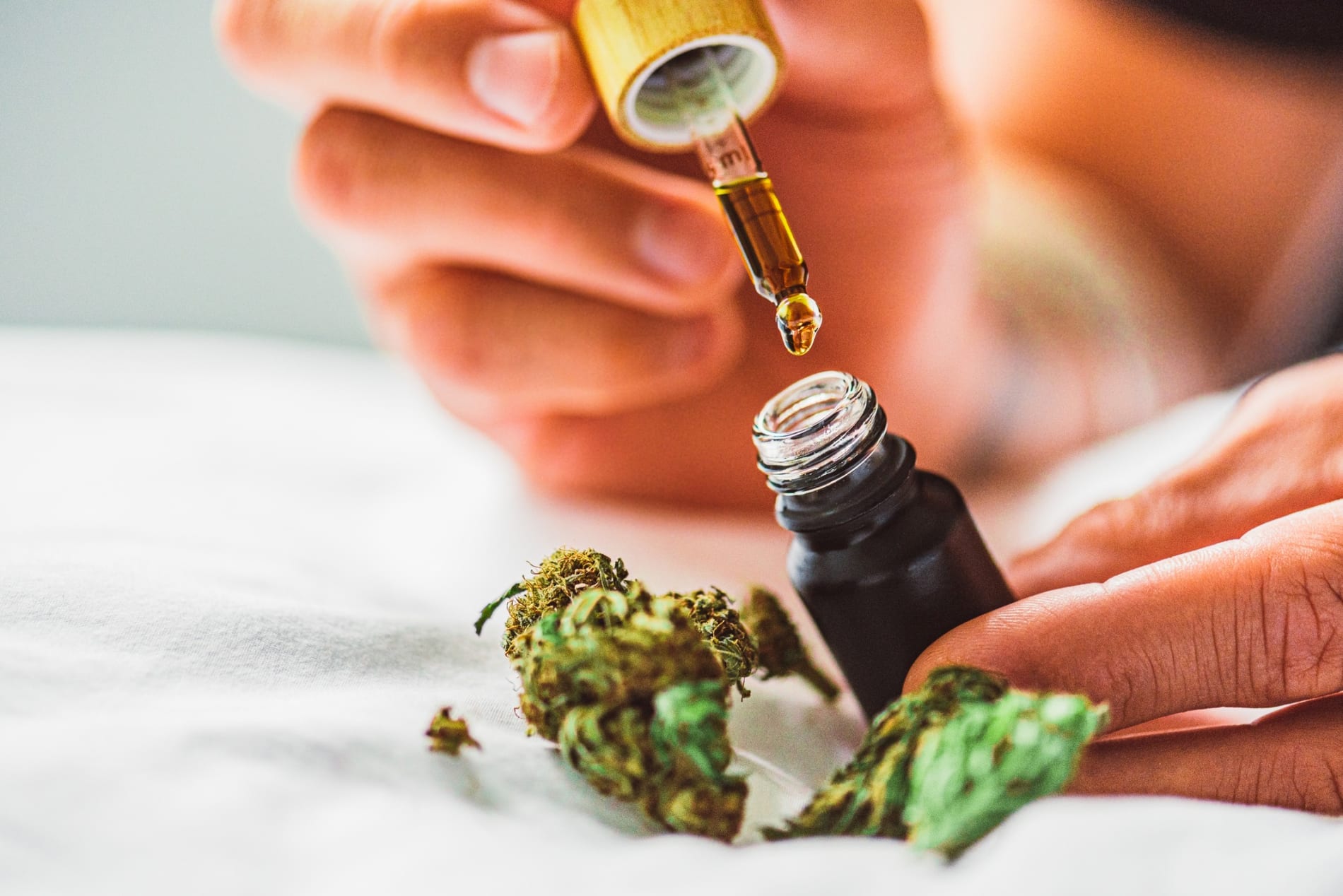Accessing Safe Treatment Through Kentucky Medical Cannabis Madisonville Kentucky
Accessing Safe Treatment Through Kentucky Medical Cannabis Madisonville Kentucky
Blog Article
Understanding the Lawful Landscape Surrounding Medical Marijuana Worldwide
You're most likely aware that mindsets towards clinical cannabis are shifting worldwide, yet the lawful structures can be complicated. Some countries have accepted it, while others remain purely opposed. Recognizing these distinctions is vital, especially as patient demands and public understandings progress. What drives these disparities, and exactly how do they influence access for clients seeking alleviation? The answers might shock you.
Historical Context of Clinical Cannabis Regulations
As you check out the historic context of medical cannabis regulation, you'll uncover that its origins extend back thousands of years. Ancient cultures, from the Chinese to the Greeks, identified cannabis for its medical homes. In 2737 BC, Chinese Emperor Shen Nong documented its usage for numerous ailments. By the 1st century AD, Dioscorides, a Greek physician, included cannabis in his pharmacopoeia, highlighting its efficiency in dealing with discomfort and swelling.
Quick ahead to the 19th century, when Western medication began to accept marijuana much more extensively. Physicians recommended it for every little thing from migraine headaches to labor discomforts. However, the very early 20th century saw a change, as social perceptions altered, causing more stringent regulations and stigmatization.
Recognizing this abundant background helps you value the intricacies of contemporary medical marijuana regulations. It's a trip with time that exposes the developing relationship in between society and this effective plant.
Existing Legal Condition by Area

The United States And copyright Introduction
Steering via the landscape of clinical cannabis regulations in North America discloses a patchwork of policies that vary considerably by region. In the United States, some states have fully embraced clinical marijuana, permitting individuals accessibility through dispensaries, while others keep stringent restrictions. Steering through these varied legislations can be tough, as each jurisdiction has its very own demands for acquiring clinical marijuana, including qualifying conditions and application procedures.
Europe's Diverse Laws
Guiding via the legal landscape of clinical marijuana in Europe can be intricate, offered the substantial variants in regulations across various nations. In some nations, like Germany and Italy, medical cannabis is lawful and available with a prescription. Others, such as France, have much more limiting plans, enabling just limited accessibility through particular trials. The UK has actually additionally made strides, permitting certain cannabis-based medicines, but the procedure continues to be difficult. At the same time, nations like the Netherlands welcome a much more liberal strategy, though official guidelines still drag. As you check out these diverse regulations, it is vital to stay notified, as regulations can change rapidly and vary greatly from one country to an additional. Comprehending these nuances can assist you navigate the developing landscape effectively.
Asia-Pacific Legal Trends
The Asia-Pacific region showcases a rapidly evolving landscape for clinical cannabis legislations, reflecting a mix of conservative and modern approaches. Countries like Australia and New Zealand have actually accepted legalization, offering controlled accessibility to clinical marijuana. In Australia, individuals can obtain prescriptions, while New Zealand just recently passed a vote to permit clinical usage.
On the other hand, countries like Japan and South Korea maintain stricter guidelines, allowing just limited access to cannabis-derived products. Regardless of these constraints, popular opinion is moving, with enhancing telephone calls for reform.
As you navigate this complicated landscape, remain educated regarding regional legislations, as they can vary significantly from one country to an additional, affecting individual access and market development in the area.
Secret Nations Blazing A Trail in Clinical Cannabis
As you check out the landscape of medical marijuana, you'll locate several countries setting remarkable legalisation milestones. These nations not only develop governing frameworks that assure secure access however also blaze a trail in clinical research study developments. Recognizing their strategies will offer you important understandings right into the future of cannabis use in healthcare.
Legalisation Milestones Accomplished
While lots of nations grapple with the intricacies of marijuana guideline, numerous have made significant strides in legislating clinical cannabis, setting crucial precedents. copyright came to be a pioneer in 2001, permitting individuals accessibility to medical marijuana, paving the means for other countries. In the United States, different states have actually legalized clinical cannabis, developing a jumble of legislations that influence public perception and policy.
Governing Structures Discussed
Understanding the regulative structures controling medical marijuana is crucial for grasping how different nations approach its use. The United States presents a patchwork of laws, with states like California and Colorado leading in progressive plans, yet federal legislations still develop obstacles. By acquainting on your own with these frameworks, you can much better comprehend the international landscape of clinical marijuana.
Medical Research Study Innovations
Countries around the globe are making significant strides in medical cannabis research, leading to a better understanding of its restorative possibility. In the United States, institutions like the National Institutes of Health (NIH) are moneying studies on marijuana's results on persistent pain and epilepsy. As these countries press ahead, you'll witness an advancement in clinical practices and a clearer photo of exactly how cannabis can improve individual end results worldwide.
Obstacles and challenges to Accessibility
Accessing medical marijuana can be fraught with obstacles that come from varying state regulations and guidelines. You may find that in some states, the procedure to acquire a clinical marijuana card is lengthy and difficult, needing extensive documentation or consultations with authorized doctor. Additionally, also if you certify, the number of dispensaries can be limited, making it challenging to find a neighboring source.
Insurance coverage for clinical cannabis is frequently lacking, compeling you to pay out-of-pocket. Guiding with this facility landscape can really feel overwhelming, however understanding these challenges is important for any person taking into consideration medical cannabis as a therapeutic choice.
Effect of Medical Marijuana on Health Outcomes
While lots of people remain doubtful concerning cannabis, research significantly reveals its possible benefits for numerous health problems. You could be surprised to discover that medical marijuana can help alleviate chronic discomfort, decrease inflammation, and handle signs and symptoms of anxiety and depression (Kentucky Medical Cannabis Doctor). For clients fighting problems like epilepsy or several sclerosis, cannabis has shown significant restorative results, using relief when standard treatments drop short
Furthermore, researches indicate that some parts of marijuana, such as CBD, can improve total top quality of life for patients going through treatments like radiation treatment. It's important to take into account that private reactions to marijuana can vary commonly, so what benefit a single person might not help an additional. As you check out the potential influence of clinical marijuana on health results, seek advice from and keep an open mind with health care specialists to tailor a therapy strategy that matches your special needs and conditions.
The Function of Health Care Providers in Client Accessibility
As you browse the complexities of clinical marijuana laws, it is important to acknowledge the essential duty doctor play in patient accessibility. These professionals act as important overviews, aiding individuals recognize their choices and navigate legal needs. They can evaluate whether clinical cannabis is ideal for your condition and provide paperwork needed for legal access.
Additionally, doctor commonly enlighten look here clients about the prospective advantages and threats of marijuana usage, making certain informed decisions. They can recommend appropriate strains, does, and methods cannabis dispensary open near me of consumption tailored to private requirements. Their assistance is essential, especially in regions where laws differ considerably.

Future Fads and Predictions for Medical Cannabis Legislations
Medical care service providers will certainly remain to form the landscape of clinical cannabis legislations as they promote for individual demands and engage with policymakers. You can anticipate an expanding pattern towards more inclusive legislation that recognizes the restorative benefits of cannabis. As research study expands, even more nations will likely adopt guidelines that facilitate access for patients experiencing various conditions.
Public opinion is shifting, too, with increasing acceptance leading the way for reform - Kentucky Medical Cannabis Doctor. You might see a rise in clinical cannabis programs tailored to certain demographics, such as elders and veterans
Furthermore, as healthcare systems integrate cannabis right into treatment methods, insurance companies might begin covering cannabis-related costs, further legitimizing its usage.
Ultimately, international cooperations can emerge, causing standardized policies and quality control measures. Overall, the future of medical marijuana laws appears vibrant and encouraging, driven by evidence, advocacy, and patient-centered care.
Often Asked Questions
Exactly How Do International Treaties Affect Medical Cannabis Legislation?
International treaties can form your country's clinical cannabis regulations by setting standards or constraints. When nations stick to these agreements, it commonly influences local legislation, making it important for you to remain educated on modifications.
What Are the Legal Age Demands for Medical Marijuana Use?
The legal age for medical marijuana usage differs by jurisdiction. In lots of locations, you should be at least 18, but some enable minors with adult permission. Always inspect neighborhood legislations before waging clinical marijuana.
Can Employers Fire Worker for Medical Cannabis Use?
Yes, companies can terminate you for clinical cannabis use, depending on state laws and company plans. If your job needs drug testing or if marijuana affects your performance, they could take activity. Always inspect your work environment rules.
Exist Limitations on Clinical Marijuana Marketing?
Yes, there are constraints on clinical marijuana advertising and marketing. You'll find laws vary by territory, frequently banning deceptive claims and requiring certain wellness cautions. It's vital to check local regulations to guarantee conformity prior to marketing.
How Do Medical Cannabis Regulation Differ for Veterans?
Medical cannabis laws for veterans typically include special provisions, permitting easier access or advantages. Some states focus on experienced demands, while others might restrict use. It's essential to examine your regional regulations for specifics.
While lots of nations grapple with the intricacies of cannabis regulation, several have made substantial strides in legislating clinical cannabis, establishing essential precedents. In the United States, various states have actually legalized medical cannabis, creating a jumble of legislations that influence public assumption and plan.Accessing clinical cannabis can be filled with obstacles that stem from varying state laws and click here to read regulations.As you navigate the complexities of medical marijuana regulations, it is necessary to acknowledge the crucial duty health care carriers play in client access.Health care suppliers will certainly continue to form the landscape of medical marijuana regulations as they advocate for patient demands and involve with policymakers.
Report this page